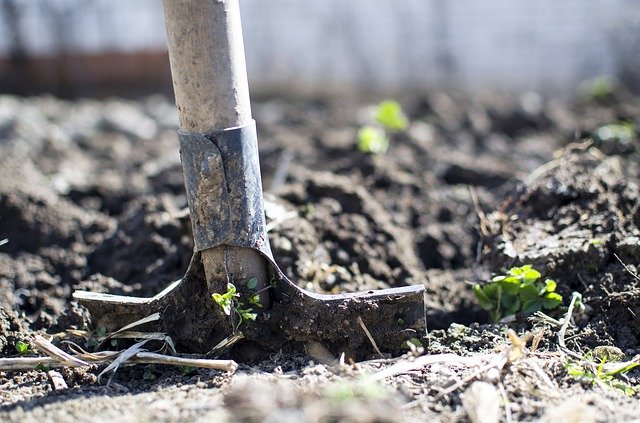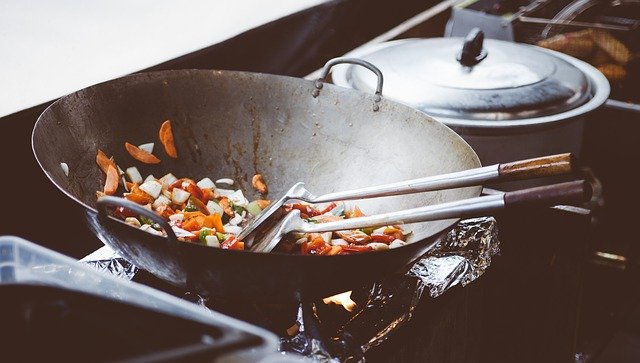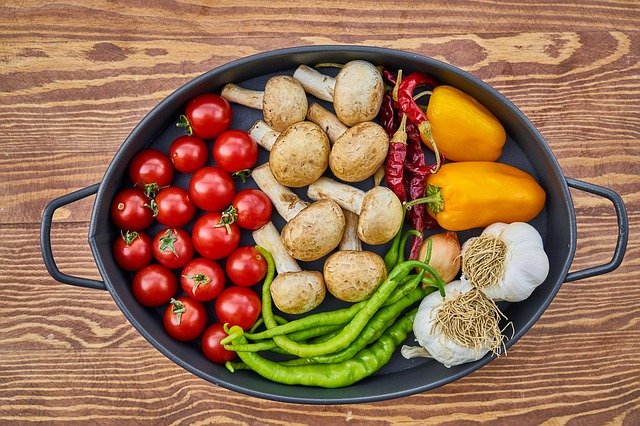AnimalKind
Not all food is good for us, animals or the environment. Some foods promote animal cruelty, habitat destruction and contribute to global warming and animal extinctions. But, it only takes a few small changes to the way we eat and shop to make a big difference. And, to help you out, we have put together our top 10 tips for ethical eating. We’d love to hear what steps you’re taking to help animals and the environment; let us know in the comments below!
Avoid Palm Oil

Palm oil is in all sorts of products, from food and drinks to cosmetics, household products and fuel. Each day vast areas of the rainforest in Southeast Asia and increasingly Africa are destroyed to make room for palm oil plantations. This destruction of natural habitat is threatening many species, with the orangutan being one of the most impacted – read more about it on our blog. Palm oil plants are also a massive contributor to climate change. According to the Independent, around 3 million hectares of peat swamp forests in Indonesia and Malaysia are now palm oil plantations, and farmers are clearing new areas all the time. These forests are important habitats for wildlife and huge carbon stores; they take carbon out of the atmosphere and store it in the peat. When forests are converted to palm oil plantations, all this carbon is released and turned into greenhouse gases.
Look for Fairtrade Products

Choosing products that are Fairtrade means you are supporting sustainable farming practices and ensuring better working conditions and fairer prices for farmers in developing countries. Everything from bananas, sugar, and coffee to flowers, cotton, and gold can be classed as Fairtrade, so just keep an eye out for the logo when shopping or have a read through the buying guide on the Fairtrade website.
Shop thoughtfully

Sourcing food is a huge part of ethical eating. Support small local shops that put thought into where their food and products come from and try to minimise packaging, buying loose and packaging-free where possible. Refill shops, which are becoming more and more popular, allow you to take your own tubs and bottles to stock up on cupboard staples without the need for plastic. This is a fantastic start. You can also swap plastic bags for reusable ones, and buying in bulk can help too.
Buy Organic

We have all seen organic food in the shops, but is it really better? By choosing to purchase organic food you’re avoiding chemical fertilisers and pesticides and supporting higher animal welfare standards. And, with up to 50% more wildlife, organic farms are fantastic for birds and bees.
Shop locally and seasonally

Shopping locally at farmers markets and grocery stores not only supports local people and businesses but also lowers your carbon emissions. Produce in season and grown in your area travels far fewer miles to get to you than all of the out-of-season fruit and vegetables we see in our supermarkets. The food will be fresher and have fewer chemicals too. You could even sign up for a local veg box delivery and get fresh veg straight to your door.
Grow your own

If you have a garden, growing your own fruit and vegetables is a great way to become more environmentally friendly, and you’ll get a fantastic sense of satisfaction. It will save you money and reduce your carbon emissions as you’ll be eating food straight from the garden – far fewer food miles.
Eat your leftovers

Waste not, want not. How often do you find yourself throwing away leftover food? Eating all your leftovers will save you money and time – who doesn’t want a night off cooking every now and again – and help the environment. Research has shown that greenhouse gas emissions from food production and waste breakdown are huge, so the less you throw out, the better it is for our planet.
Cook more

Convenience food is exactly that, convenient and quick to make. But, fast food and ready meals are often full of additives, fat, salt, and all sorts of ingredients we wouldn’t include if we cooked for ourselves. Buying fresh ingredients and creating meals from scratch is the best way to ensure you are eating healthy. There is also less processing and packaging involved in cooking yourself, which again reduces energy use and materials – plastic is a huge issue nowadays.
Support Meat Free Mondays

If you eat meat, why not try giving it up once a week by going meat-free on a Monday? Meat production has a detrimental impact on the environment. For one thing, it could be responsible for up to 50% of greenhouse gas emissions. Also, meat consumption contributes to health problems such as heart disease and cancer, so giving it up even for just one a day a week could be very healthy and potentially save the NHS billions of pounds. Why not ask your workplace or local café to support Meat-Free Mondays as well and really spread the word?
Go Vegetarian or Vegan

If you want to minimise the suffering of animals as a result of your consumption, then go vegetarian or vegan. The meat industry is the biggest killer of animals around the world and is also responsible for the routine suffering of pigs, sheep, cows, chicken, ducks and geese.These days transitioning to a vegetarian diet is easy, there are so many meat-free alternatives out there that are both healthy and cruelty-free. Veganism is getting easier and easier as well, with new product ranges coming out all the time and restaurants are starting to get on board with the trend.
*Page last updated in July 2021.